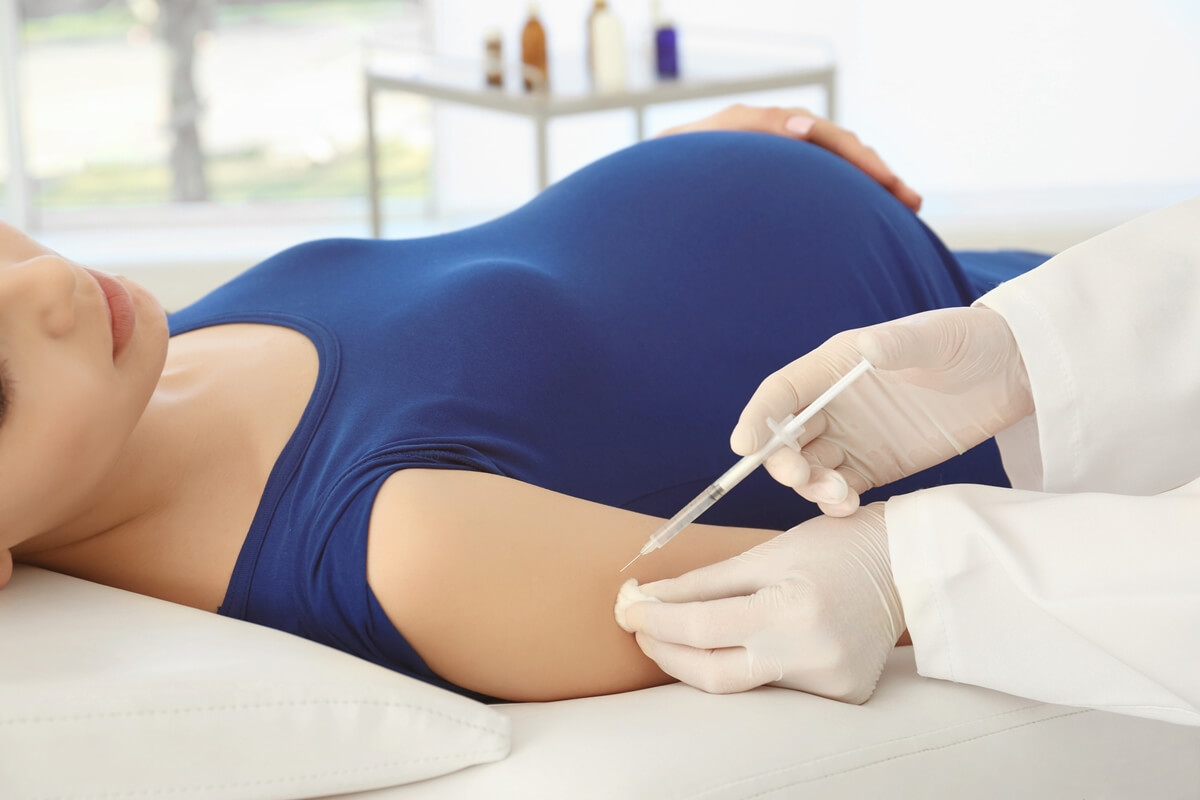Whooping Cough, also known as pertussis, is an infectious disease caused by the Bordetella pertussis bacteria. This illness affects the respiratory system, that is, the nose, mouth, throat and lungs and is particularly dangerous in babies under six months. The toxin created by the bacteria triggers swelling in the respiratory tracts.
The complexity with this condition can lead to several questions, and in the following paragraphs, you can find some Frequently Asked Questions regarding this disease and its prevention:
What is whooping cough (pertussis)?
Pertussis (or whooping cough as it is more commonly known) is an extremely contagious, possibly life-threatening illness that is most severe in infants less than 6 months old. Several infants with this disease are hospitalised with harsh conditions like brain damage or pneumonia.
However, full vaccines cannot be administered in babies with less than 6 months of age.
How does whooping cough spread?
A whooping cough infected person may spread the disease for up to three weeks after the start of their condition. Spreading is carried from person to person by sneezing, coughing or continued close contact.
When found in babies, whooping cough is probably a result of direct contagion from family members who have had a cough for over 2 weeks.
How can whooping cough be prevented?
Vaccines are the prevention method in whooping cough. Vaccines are provided to all youngsters:
- at 2, 4 and 6 months of age with a 6 in 1 vaccine;
- at 4-5 years of age with 4 in 1 vaccine
- at the 1st year of second-level school, Tdap vaccine
Timely vaccination is of major importance to all children, protecting them and all babies under 6 months of age who are too young to get the vaccine.
How does the whooping cough vaccine protect a mother and her baby?
Like most vaccines, the whooping cough vaccine triggers the body’s immune system into producing large numbers of antibodies to the Bordetella pertussis bacteria. The produced antibodies will carry along to the womb and the baby.
In case of any contact with whooping cough, the antibodies will defend against the bacteria during the first months of life.
These antibodies passed to the baby in the womb decrease at a fast rate in the infant’s first six months of life. As such, it is vital for the baby to get the mandatory childhood vaccines, including the whooping cough vaccine at 2, 4 and 6 months.
How frequently should pregnant women get the vaccine?
Like in the case of children’s vaccines, the antibodies developed after vaccination will decrease over time. In the case of another pregnancy, women will need to be vaccinated again.
Getting the vaccine in each pregnancy also will assure that large numbers of the produced antibodies are passed to the babies in the womb.
At what time of the pregnancy should a woman get the whooping cough vaccine?
The primal time window to get the whooping cough vaccine is between 16-36 weeks of pregnancy to carry to the baby the optimal protection. Vaccines can also be given after the recommended 36 weeks; however, they can be less effective.
Is it safe for pregnant women to be vaccinated?
The whooping cough vaccine is safe and is furthermore, recommended for pregnant women in Ireland, the UK, US, New Zealand, and Australia.
Studies carried out in pregnant women in the US, and the UK found no risks to pregnancy with generally mild reactions and very rare presence of severe side effects.



